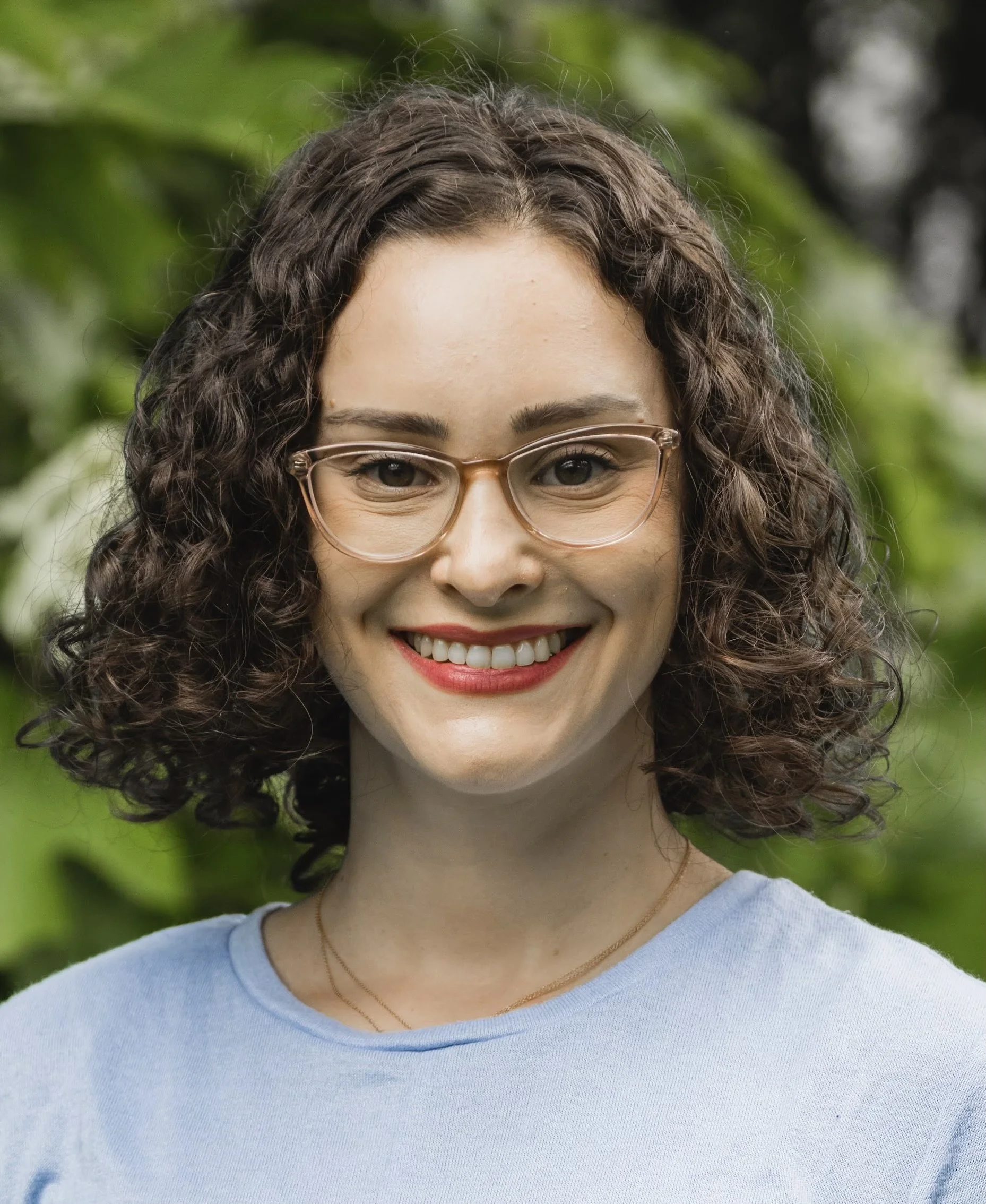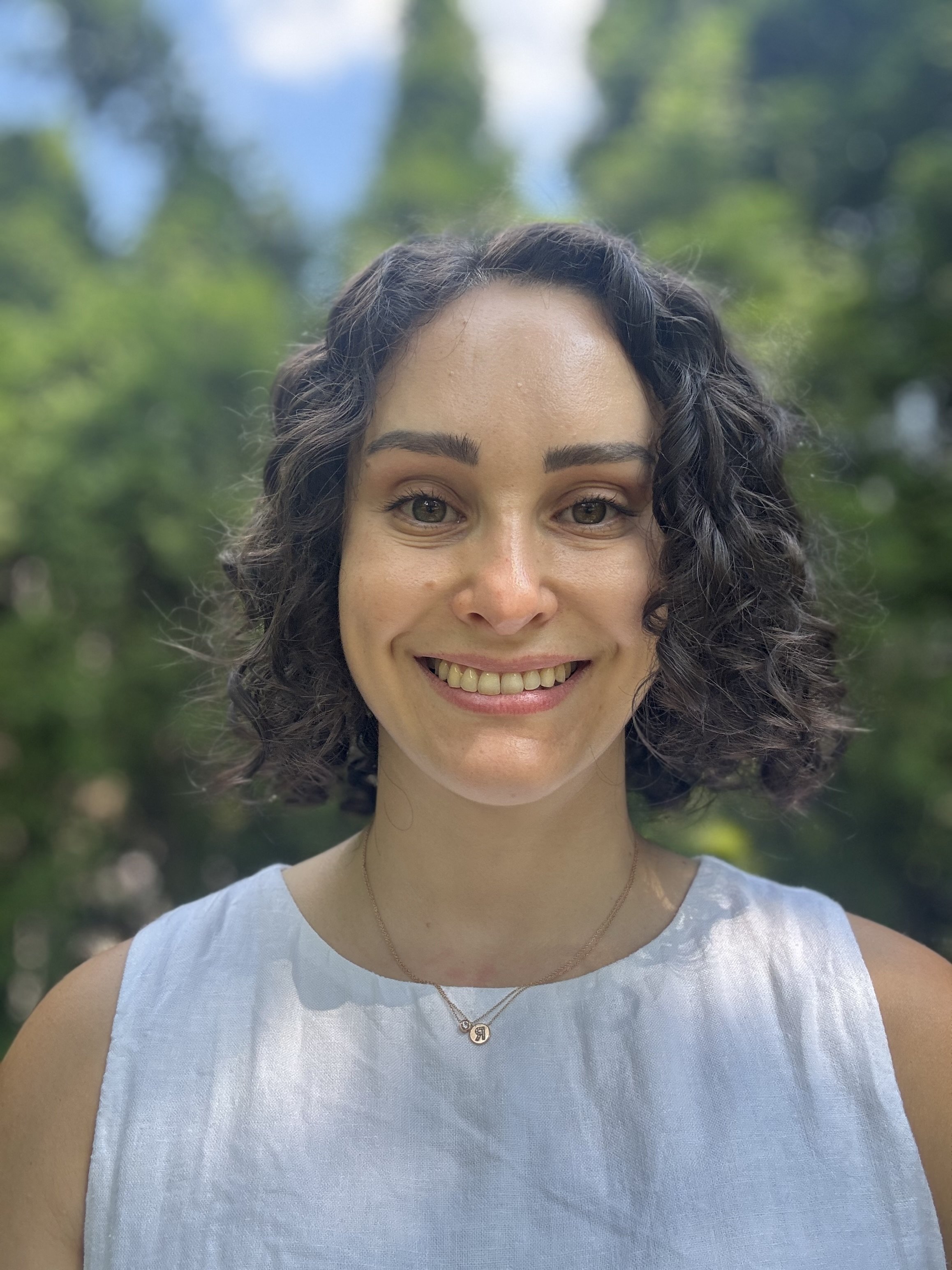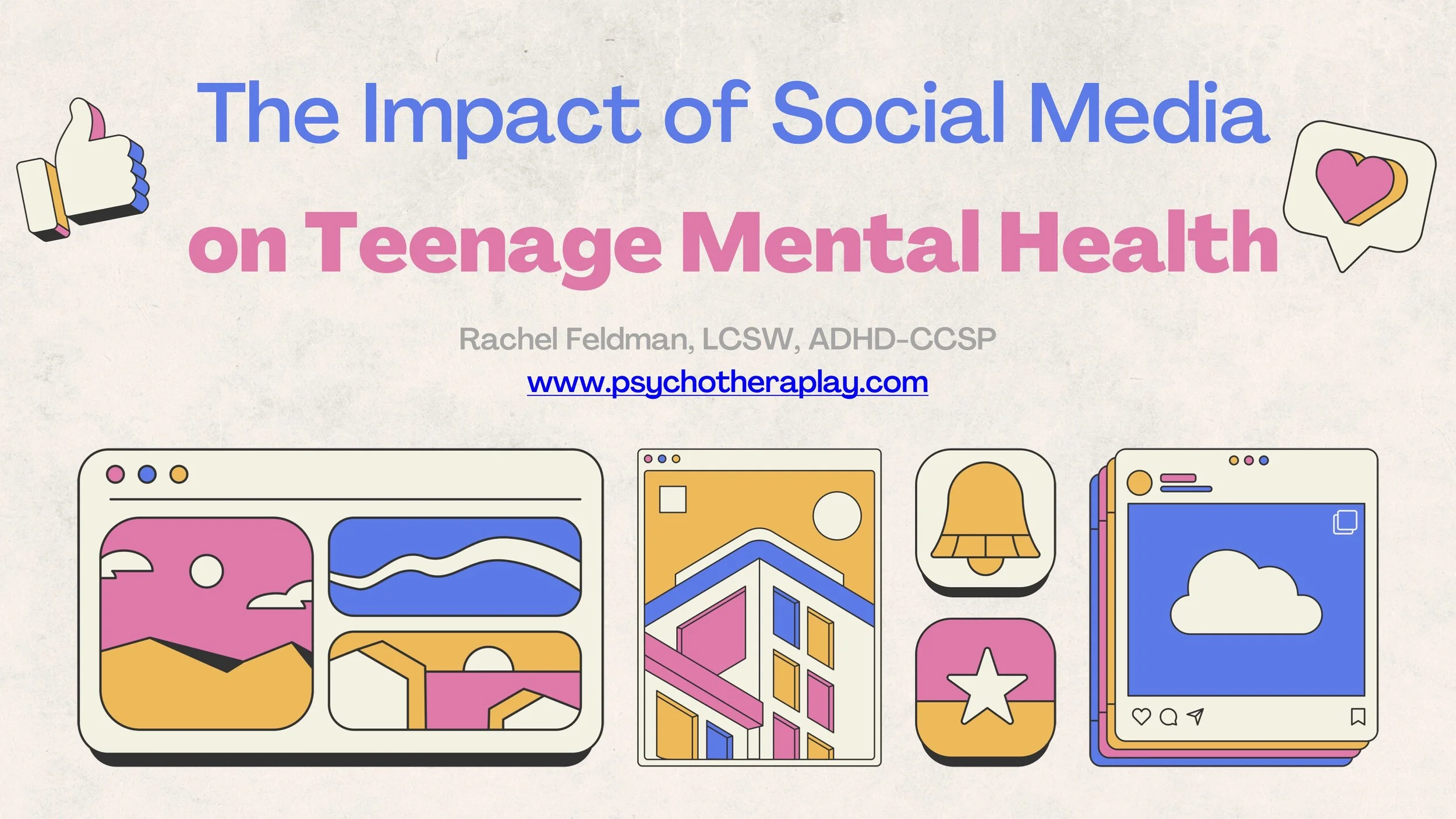
Welcome!
My name is Rachel M. Feldman and I am a New Jersey based Licensed Clinical Social Worker (LCSW), ADHD Certified Clinical Service Provider (ADHD-CCSP), Autism Spectrum Disorder Clinical Specialist (ASDCS) and Pathological Demand Avoidance (PDA) Level 2 Certified Provider. I provide neuro-affirming psychotherapy with a specialization in working with children, adolescents, young adults, and parents. Click here to learn more about my professional background.
Areas of Specialty
-
Everybody can have difficulty sitting still, paying attention, or controlling impulsive behavior once in a while. For some people, however, the problems are so pervasive and persistent that they interfere with every aspect of their life: home, academic, social and work. Attention-deficit/hyperactivity disorder (ADHD) is characterized by developmentally unexpected levels of inattention, impulsivity and hyperactivity. People with ADHD may also sometimes experience difficulties with executive functioning skills, misunderstood behaviors, moodiness, and excessive anxiety or worry.
-
Anxiety is often thought of as worry, nervousness, or fear. There are times when having a healthy amount of anxiety is normal such as vigilance around hand cleaning, during public speaking engagements, and other routine aspects of our lives. Anxiety becomes a disorder when the worry or nervousness becomes overwhelming and has negative impacts on someone’s daily activities and behaviors.
-
Autism is a frequently misunderstood neurotype. Autistic individuals often have more sensitive and finely attuned nervous systems compared to their neurotypical peers. In a society largely built around neurotypical norms, autism is commonly framed in terms of differences in social interaction, communication, and regulation—often expressed through repetition, routine, and deep engagement in special interests (sometimes pathologized as “restricted” or “stereotyped” behaviors) (A. Neff, Neurodivergent Insights, 2024).
-
Learning disabilities are differences in the way a person processes information, which can impact skills such as understanding or using spoken and written language, working with numbers, coordinating movement, or sustaining attention. These differences often become more noticeable during the school years, when demands on these skills increase.
Dyscalculia: Involves differences in understanding numbers and learning math-related concepts or facts.
Dysgraphia: Affects handwriting, spelling, and fine motor coordination involved in written expression.
Dyslexia: Impacts reading and language-based processing, including decoding, fluency, and comprehension.
Oral/Written Language Disorder & Specific Reading Comprehension Deficit: Affect understanding and/or expressing language, either through speaking, listening, or reading.
Nonverbal Learning Disability (NVLD): Involves challenges with interpreting nonverbal communication (such as facial expressions or body language), spatial reasoning, and motor coordination.
About Me
I began my journey supporting children as a young adult, working at an Empowered Learning Center in New Jersey. After graduating from Union College, cum laude, I became a substitute teacher at both mainstream and special education schools. This experience helped me realize my passion for helping others and inspired me to apply to graduate school for social work.
I earned my Masters of Social Work (MSW) from Columbia University School of Social Work (CSSW) and had the unique opportunity to have three internships over the two years of schooling. I first interned at Yachad as a vocational counselor, where I supported Autistic young adults and individuals with intellectual disabilities in various workplace settings. Second, I interned at The Moriah School as a classroom assistant providing therapy and behavior support for children. Lastly, I interned at the Veterans Affairs Hospital on the Spinal Cord Injury Unit where I conducted psychosocial evaluations, coordinated discharges, created and ran a caregivers support group, and provided Teletherapy and in-person psychotherapy for veterans and their caregivers.
During and after graduate school, I used my extensive background as an equestrian to become a PATH Certified horseback riding instructor for children with disabilities at Flying Manes.
I began working at YAI Center for Specialty Therapy in 2016 as a bilingual psychotherapist, where I had the privilege of supporting neurodivergent children, parents, and families, with a focus on autism and intellectual disabilities. In 2021, I transitioned from YAI to focus full-time on my private practice.
While working at YAI, I pursued an Advanced Certificate in Applied Behavior Analysis (ABA) at Hunter College, graduating in 2022. I want to acknowledge the valid and important concerns many in the autistic community hold about ABA, including its history of harm and attempts to suppress natural neurodivergent ways of being. Although the program deepened my understanding of behavior, I ultimately chose not to pursue BCBA certification. Instead, I integrate behavioral concepts through a neurodivergent-affirming lens—supporting clients in understanding the why behind behaviors without pathologizing or aiming to "fix" them.
I have participated in trainings centered on neuroaffirming psychotherapeutic care; Dialectic Behavior Therapy (DBT); Developmental Individual Relationship-based (DIR) Floortime; Pathological Demand Avoidance (PDA) Provider Training Levels 1 & 2, amongst other relevant trainings. I hold certifications as an ADHD Certified Clinical Services Provider (ADHD-CCSP) and Autism Spectrum Disorder Clinical Specialist (ASDCS). These certifications highlight ADHD and Autistic voices and lived experiences to inform a neuroaffirming approach when supporting neurodivergent individuals.
In addition to my clinical work and continued education, I serve on the advisory board for the Bergen County chapter of CHADD, CHADD’s National Board of Directors, and various subcomittees for the Autistic Clinical Insights Symposium.
I’ve had the privilege of presenting at conferences and community events, offering insights grounded in lived experience, clinical expertise, and a commitment to neurodiversity-affirming practice. I remain dedicated to lifelong learning and continue to deepen my knowledge in service of the individuals and families I support.
Follow me on Instagram!
Presentation Recordings
ADHD and Autism: Why is this co-occurring duo so often misdiagnosed? This question and more will be answered as we delve into understanding the commonalities of these neurotypes and how they present together. You will learn invaluable insights and strategies while avoiding the pitfalls of pathologizing traits and implementing ill-fitting supports. Explore the intricate intersection of ADHD and Autism, understanding their neurological similarities, presentations, and the profound impact on social and emotional well-being. The overarching goal of this talk is to provide individuals with new information and that honor unique neurotypes. Tune in to broaden your knowledge!
In today's digital age, social media plays a crucial role in teenagers' lives, raising new concerns for parents. As we recognize the enduring presence of social media, it becomes vital to empower parents with the knowledge and tools to navigate this digital landscape effectively. Throughout the presentation, we will explore the importance of acting as a positive digital role model, fostering meaningful connections, and promoting self-worth and self-esteem in teenagers— all of which help mitigate potential mental health risks associated with social media use. By adopting a proactive approach and encouraging constructive dialogues, parents can collaboratively engage with their teens, promoting responsible social media consumption and supporting their overall well-being.

















